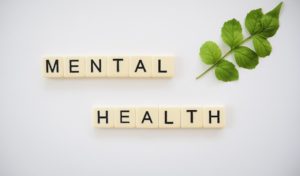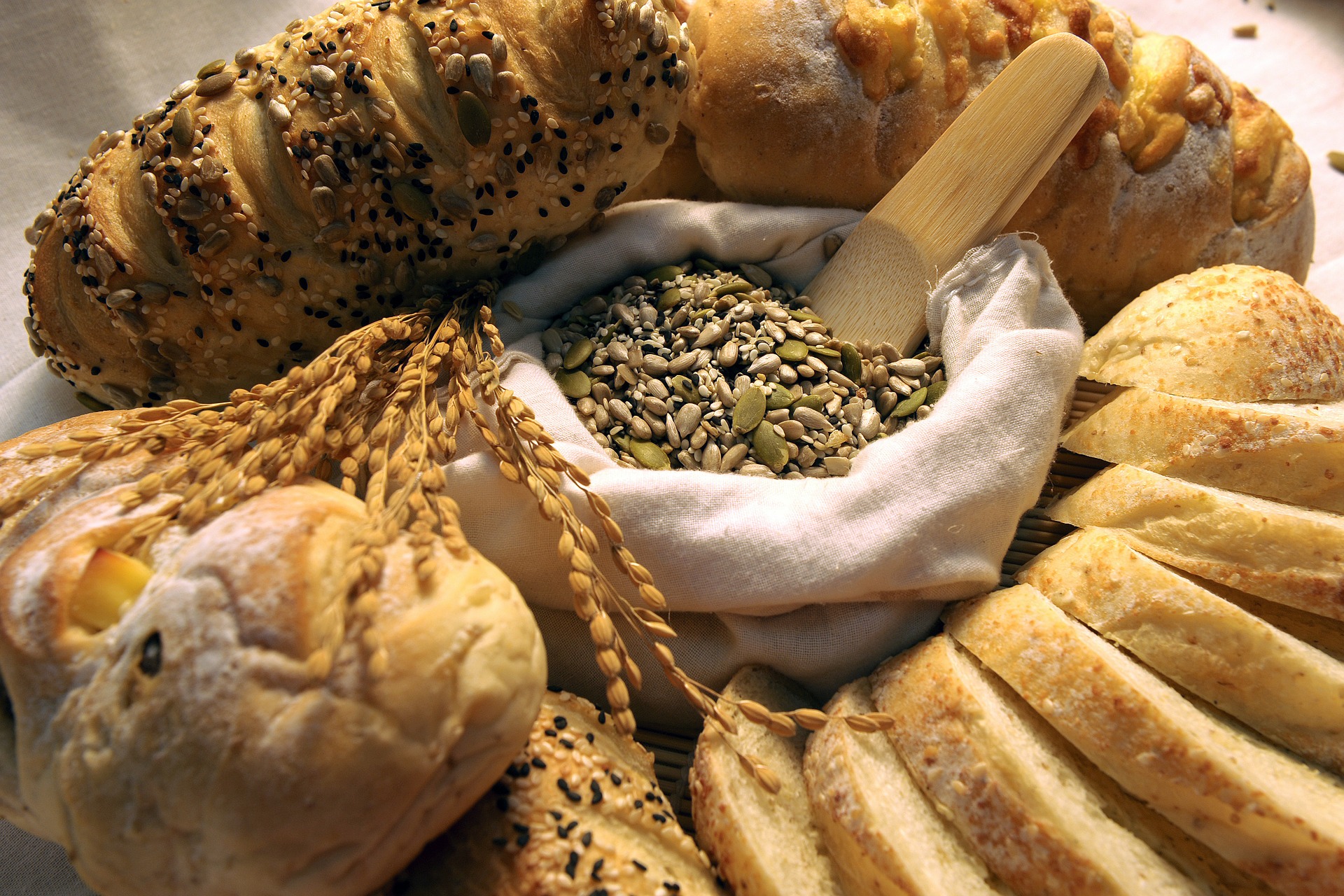Is There a Link Between Diet and Mental Health?

So many systems in our body are influenced by what we eat and drink. For instance, our immunity is directly associated with our food intake. The better you eat, the stronger your immunity is. So is there a link between diet and mental health too?
Just like gas is the fuel for your car, food is the fuel for your brain. If you use high-quality, high-octane gasoline in the car, it gives better mileage and the engine stays clean. Similarly, eating healthy can positively impact brain function and may even stave off mental illnesses.
Let’s look at this relationship in detail in this article.
Diet and Mental Health: What Does Science Say?
For the most part, the relation between mental health and diet is a complex one. However, more and more research is establishing that there is, indeed, a strong link between the two.
Experts in the field have come up with the term ‘nutritional psychiatry.’ Nutritional psychiatry intervenes in mental illnesses and conditions by way of diet.
Research indicates that diet can influence the onset and treatment of conditions like anxiety and depression.
A review of 21 studies from various countries found that a well-balanced diet was responsible for a decrease in the risk of depression. This healthy-eating pattern, according to the review, includes mostly plant-based foods, fish, low-fat dairy, and very few animal products.

One study from Molecular Psychiatry found that a Mediterranean diet can reduce the risk of depression by 33 percent. Similarly, any diet low in saturated fats, sugar, and processed foods can reduce the risk by 24 percent over a 12-year period. This was a big meta-analysis involving data from 1.5 million people.
That’s just the positive impact of eating healthy. In a very similar way, eating poorly also negatively impacts brain health.
Sugar can be as addictive as some drugs as it targets the same receptors as some of the drugs do. According to a 2017 study, those who consume more than 67 grams of sugar daily are more likely to develop depression in five years.
Not to mention that fatty and sugary food leads to weight gain and even obesity, which can result in low confidence, anxiety, and even depression for both men and women.
There’s also a strong connection between diet and inflammation, which can also impact the brain and cause serious issues.
Diet Also Impacts Mood
Aside from raising the risk of mental disorders, a poor lifestyle, particularly your diet, can also impact your mood. This relation is a bit complex, as it’s not just limited to the cognitive system. In fact, your digestive system plays an even bigger role.
Did you know that your digestive tract is lined with a hundred million neurons? They are heavily influenced by the microbiome in your gut.

One of the most important neurotransmitters for mood is serotonin, which stabilizes feelings and mood. A poor diet can mess with the levels of serotonin in your body by altering your gut health (increasing the bad bacteria and decreasing the good bacteria).
Eating too many carbs and sugar can make blood sugar levels rise and drop rapidly, which, in turn, results in irritability.
Poor eating habits may lower your energy levels as well, making you lazy and demotivated (depressive symptoms).
What is the Best Diet for Mental Health?
While there’s still room for more research, current resources establish a strong link between diet and mental health. This raises another question, in addition to the one ‘is there a link between diet and mental health.’ That question is: what to eat for a better brain?
Most experts agree that a nutritionally balanced diet is highly important for good brain health. This means that you need a safe amount of all the necessary nutrients, vitamins, minerals, and antioxidants.
As discussed above, a Mediterranean diet has long been considered one of the healthier diets that is also good for mental health.
Similarly, a whole food plant-based diet is also increasingly beneficial for stabilizing mood, increasing energy, and maintaining overall better mental health.
Eat Your Veggies and Fruits
It’s imperative to include vegetables and fruits in your diet and consume them every day. Go for a variety of these whole foods and opt for fresh in favor of frozen whenever you get the chance.
Vegetables, fruits, along with whole grains, can provide you with your daily fix of fiber and vitamins. Fiber is highly important for maintaining good gut health, which, as you know, impacts your mental health through hormones.
Leafy greens, in particular, provide protection for your brain.
Don’t Forget Omega-3 Fatty Acids

Omega-3 fatty acids are anti-inflammatory in nature and highly beneficial for your brain. Not only can these reduce the risk of mental illnesses, but they can also help treat existing problems.
Plant sources that are rich in omega-3 fatty acids (ALA) include walnuts, chia seeds, and flax seeds.
While many people think they need to eat fatty fish to get the other two omega-3 fatty acids, the EPA and DHA, the truth is your body can convert ALA into EPA and DHA.
Good Carb, Bad Carb
Not all carbs are created equal. Don’t cut out carbs completely for the sake of avoiding mood swings and depressive symptoms. Remember, the key is balanced nutrition, which also includes carbs.
Simply opt for good carbs like whole wheat that provide the necessary energy without the empty calories and sugars. Also, make sure to keep their intake in check and avoid overconsumption, even of the good carbs.
Wrap Up
Is there a link between diet and mental health? Yes, a very strong one!
One should never take their mental health for granted, which is why eating healthy is even more important. It’s never too late to turn a corner and start taking care of yourself.
If you often suffer from mood swings, energy dips, and stress, perhaps making dietary changes can help. A plant-based diet can be the answer with its healthy and safe whole foods that provide nutrition for the whole body, including your brain.











